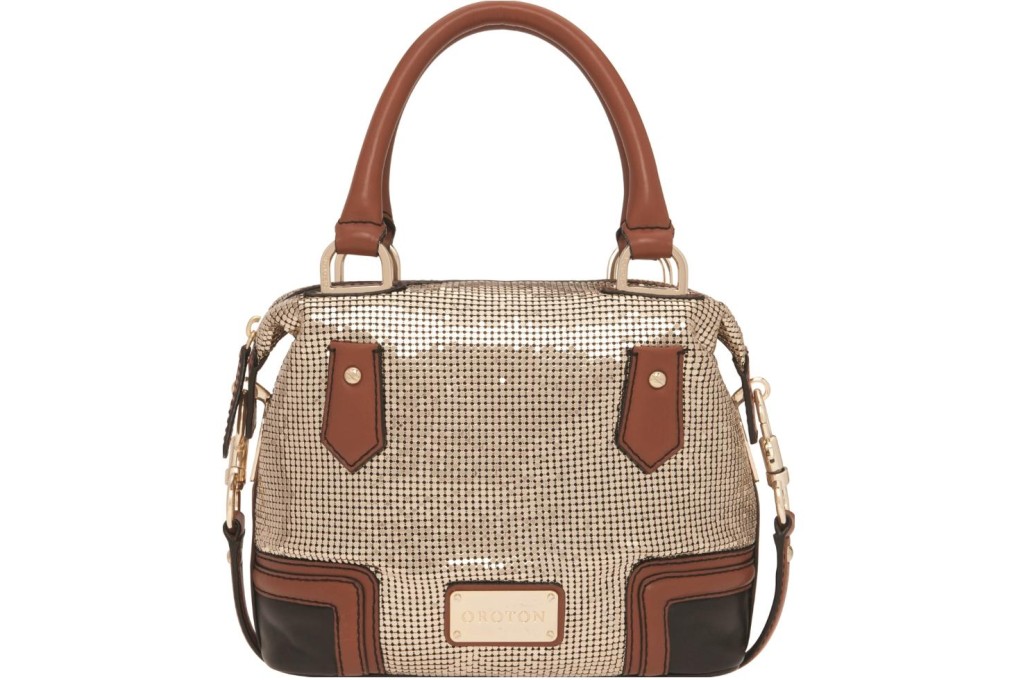
I was shocked to catch retailer Marks & Spencer charging a whopping three times as much for some items here in Hong Kong as they do in their home stores in England. Their excuse was that the cost of rent was higher here. As Mark Newman, CEO and managing director of ASX listed Australian brand OrotonGroup pointed out: “there is no reason why any international brand has to have pricing in Hong Kong that’s any different to their home market. It’s duty free, there’s no import duty or local sales tax here.” Actually from the UK, which has 17 per cent VAT, Marks & Spencer goods should be 17 per cent cheaper in Hong Kong than the UK. “It’s a global marketplace and unless there are punitive import duties or local sales taxes, prices should be on a par everywhere,” he says.

Online shopping has changed the game, making pricing more transparent, but it’s not that simple, Newman explains. Oroton now charges in Aussie dollars online, but will soon make its internet shopping multi currency, so customers will pay the price in their local shops in their local currency. “We are at parity everywhere, apart from China,” he explains. So can online shoppers in China get round the price differential by using an overseas credit card and being charged in the currency of that card?” They could do that, says Newman. “But the oversees shipping charge would probably raise it to the same price they would pay in China.”
Selling Australia to the Chinese
There is no instruction manual for this. Newman explains at length, but in a nutshell it seems you first let Chinese tourists get the hang of your products on holiday. Then you have a Sydney airport shop to remind them. Then you get busy on social media, start selling online via a Chinese language website and then finally, open your first shop in the PRC. Newman, a veteran of Alfred Dunhill, one of China’s foreign brand success stories, should know what he’s talking about.
“But then it’s all about getting a good distribution partner or two to roll out the brand - it’s about critical mass and scale, we can’t build a business with two or three shops in China.”
Oroton is most famous for practical handbags and crystal clutches. “It’s a leading affordable luxuries accessories brand in Australia", he says. How I hate that phrase. Their handbags are priced about US$500.
